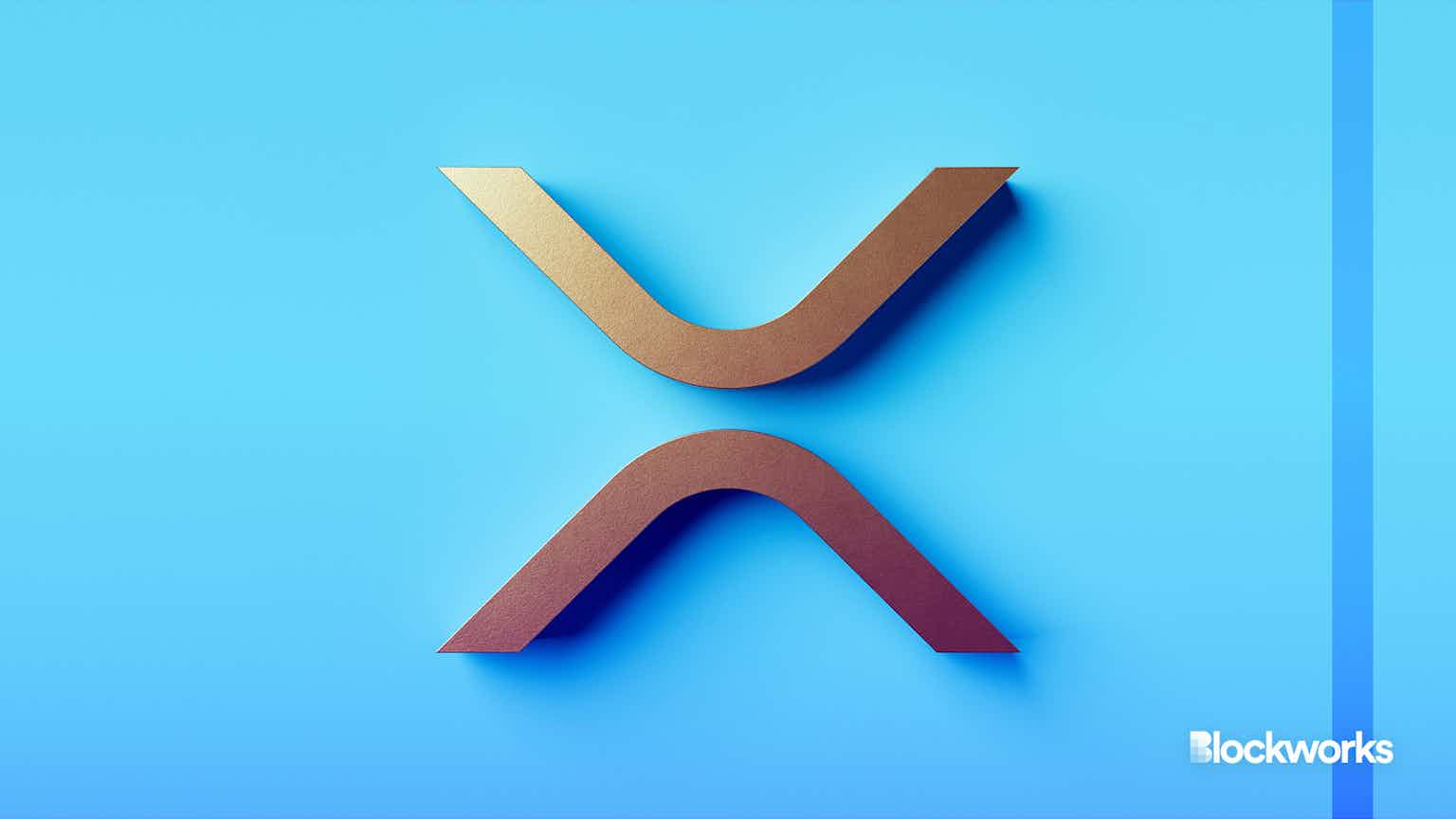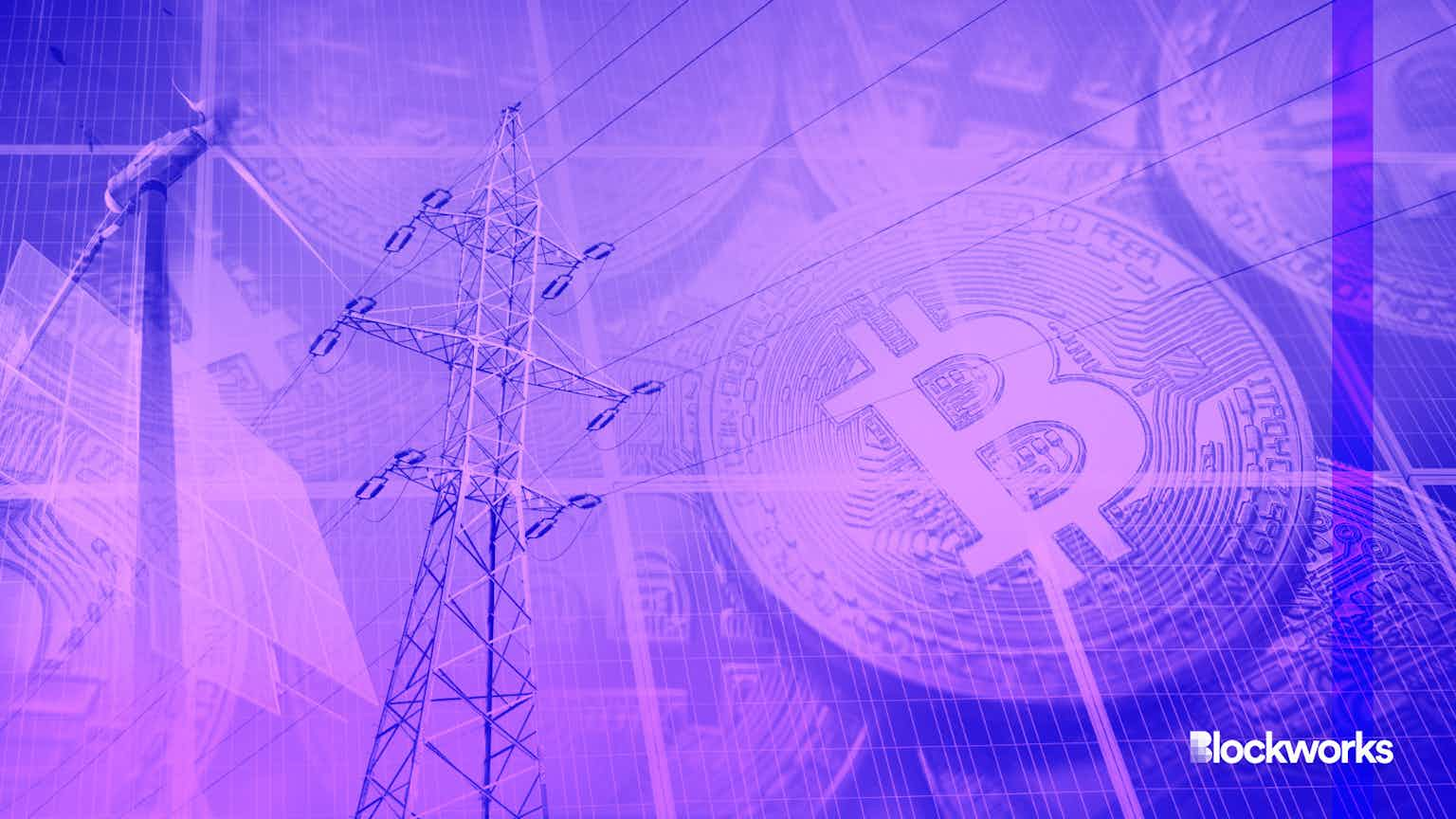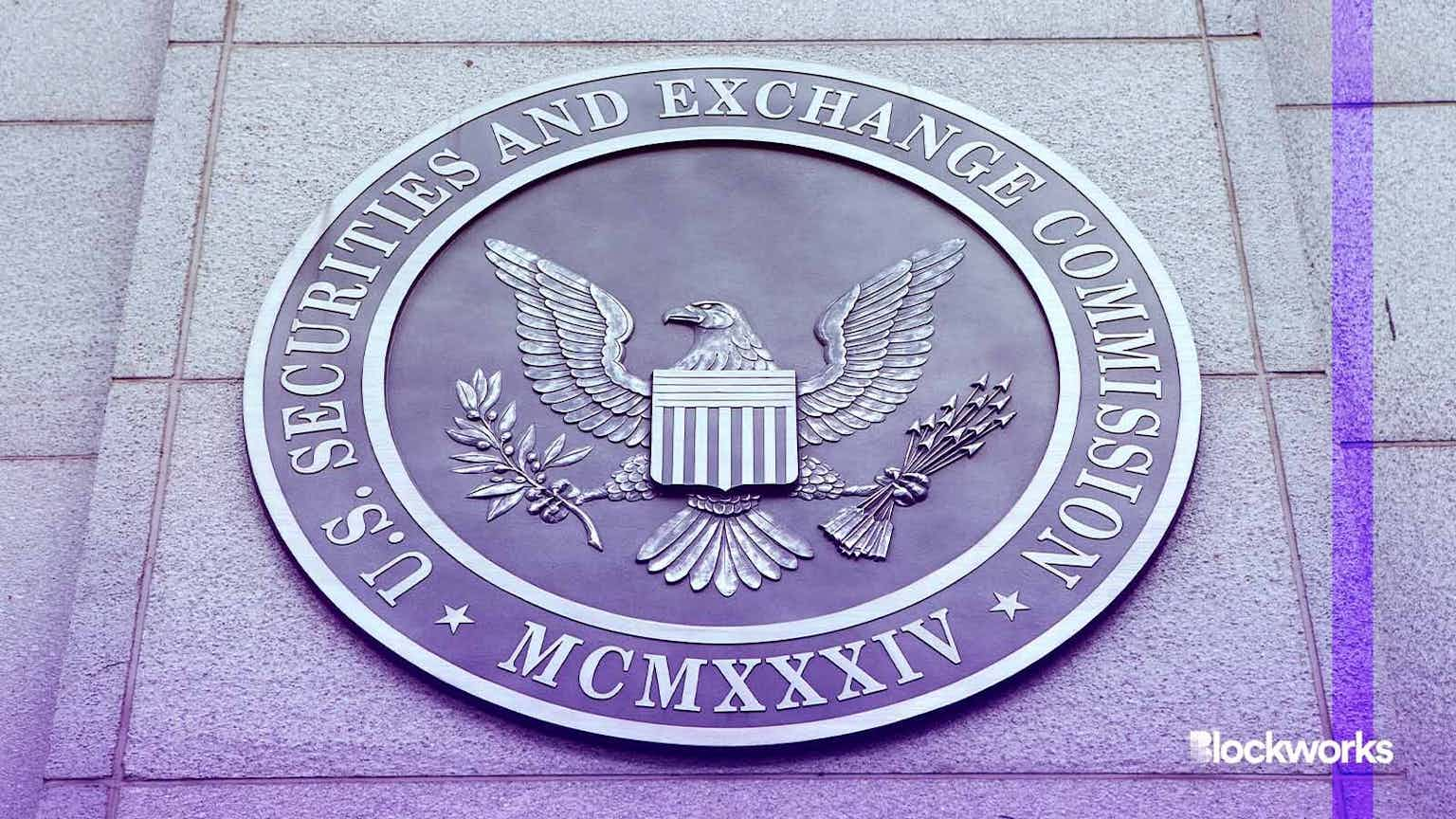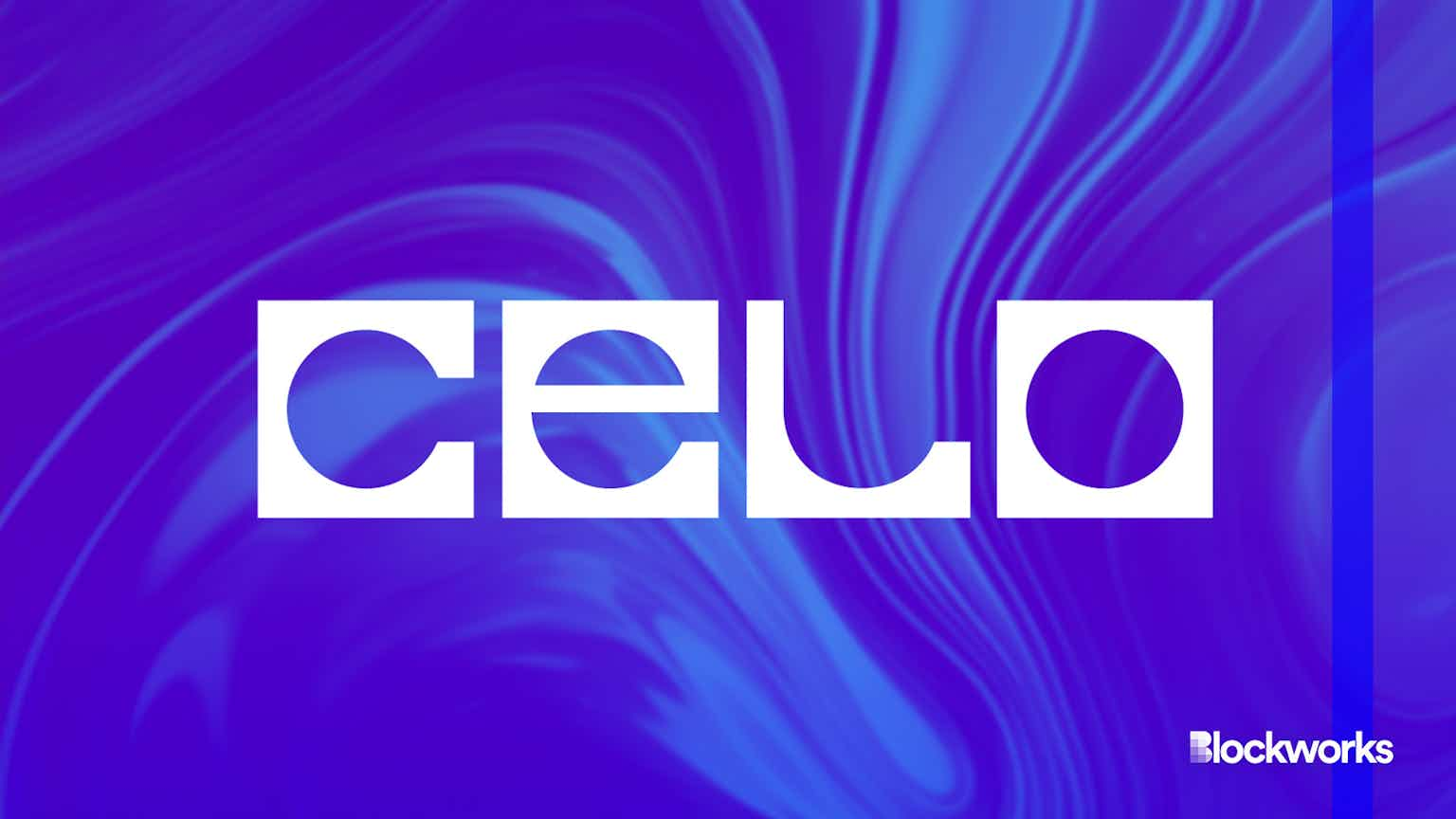Stepn Founder Wants To Promote Healthy Body and Mind, but Skeptics Question the App’s Sustainability
Yawn Rong, co-founder of Stepn, came on Blockworks’ Empire podcast to speak about the company’s rapid growth

Source: Shutterstock
key takeaways
- The company intends to leverage 5% of its platform fees to initiate a buyback and burn program of its green metaverse token (GMT)
- The price of GMT has increased by nearly 23% in the past 30 days
Move-to-earn blockchain-based application Stepn recently generated $122.5 million in profits in the second quarter through its platform fees — which have made up a growing chunk of revenue, more broadly.
The company said in a Medium post it intends to leverage 5% of the proceeds to initiate a buyback and burn program of its green metaverse token (GMT), a governance token that acts as a store of value. The announcement informed users that the buyback and burn process may take a few weeks to complete to avoid causing sudden GMT price volatility.
In the meantime, Blockworks’ Empire podcast hosts spoke with Yawn Rong, co-founder of Stepn, about the company’s rapid growth and its efforts to shift from Web3 to Web2 to remain sustainable.
Rong said Stepn wants to first and foremost promote a healthier mind and body lifestyle by encouraging daily exercise via token incentives. While solana (SOL) is needed to purchase sneaker NFTs, for now users can only earn the green satoshi token (GST) while walking, jogging or running.
GST can then be converted into GMT or USD Coin. The more conversions, however, the more it drives down the price of GST, resulting in less potential earnings.
Once Stepn enters its next phase, which might be in the next six months, according to Rong, users may be able to earn GMT and trade on a “completely functional” decentralized exchange (DEX) and marketplace. Additionally, Stepn has an apparel and water brand in the works.
The upcoming buyback program may likely end up reducing the supply of GMT through scheduled burning. Additionally, the stability of the price of GMT will be dependent on the number of Stepn users, and the number of new daily accounts has been in decline since May, according to data from Dune Analytics.
Rong told Blockworks that about roughly 30%, or 210 million, GMT tokens have been completely burned. And they will continue to burn GMT until “we feel it is the time for people to earn the GMT.”
The dual token system is meant to have GMT earning counterbalance GST earning. GST has an infinite supply — it serves as an inflationary reward token that bears the brunt of the selling pressure from users cashing out the rewards. GMT, on the other hand, has a supply of 6 billion tokens and accrues value based on in-app user transactions and in-game utility functions.
Mike Dudas, founder and general partner at early stage venture capital fund 6th Man Ventures, which invested in Stepn, shared its faith in the app via a Stepn Telegram chat. “They have a roadmap and token model that aims to ensure balance over time in the ecosystem,” Dudas said, adding it’s “very easy to call something new a ponzi scheme.”’
Dudas appeared to be striking back at allegations from industry participants that the app, just six months old, is a ponzi scheme or even a rug pull waiting to happen. Dudas added it’s more difficult to defend a product when “public discussion isn’t really nuanced,” and the company won’t share the entirety of a roadmap “with hundreds of potential copycats waiting to pounce.”
Ryan Mullins, CEO of NFT (non-fungible token) sneaker game Aglet, told Blockworks he is skeptical of how sustainable the Stepn model is.
“Once the hype dies down and the new influx of players isn’t there anymore, it doesn’t work anymore,” adding that he views it less as a game and more about rewarding a healthy lifestyle.
On Friday, Stepn released a posts to address the introduction of “health points” to increase the lifespan of sneakers, and even admitted that these mechanic changes didn’t help the price of GST.
Nor did they yield instant results.
Start your day with top crypto insights from David Canellis and Katherine Ross. Subscribe to the Empire newsletter.





